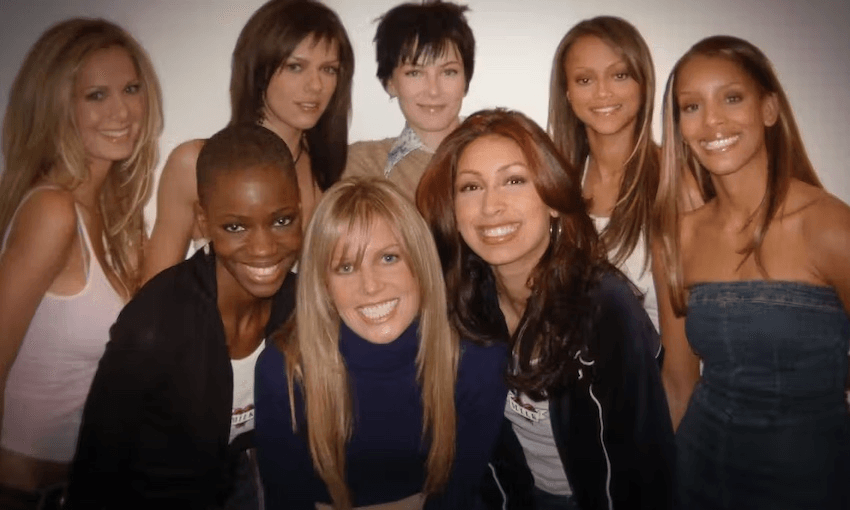Opinion: Why is JK Rowling so mad about periods, and why are so many people mad at JK Rowling? Alice Snedden waded into the volatile waters of Trans Exclusionary Radical Feminism for the latest episode of Bad News.
After the horrible year we’ve had, the last thing anybody needed was for JK Rowling to make it worse by ruining Harry Potter. But that’s what happened in June when she publicly objected to a headline using the term “people who menstruate” and in doing so outed herself as a huge disappointment.
Upset that the article used inclusive terminology instead of saying “women”, Rowling knowingly entered into a public discourse that refuses to acknowledge the existence and dignity of trans men and trans women. People like her argue that gender is determined exclusively by your chromosomes. It’s an argument that seems rooted in science, but is in fact based on only the most rudimentary understanding of sex and gender and a fundamental misunderstanding of the complexity of biology.
Rowling was defiant, however, going on to release an essay defending her position. And while she firmly rejects the label of a TERF, I think her actions suggest otherwise.
TERFs, or Trans Exclusionary Radical Feminists, first came to my attention a few years ago when I began to get more educated about intersectional feminism and transgender issues, and had friends who transitioned. It very quickly became clear for me that you could not be a feminist if you did not include trans women in your feminism. Trans women are women, it’s about as simple a concept as there is. To me it seemed like the most obvious take possible and the absolute bare minimum position to hold. So it was baffling to see a group of cis women, who identified as feminists, not hold the same view.
I’m consistently confused by the stance of other women who exclude trans women from their feminism. To exclude trans women on the basis of biology is scientifically flawed, but to exclude them on the basis of having once presented as a man not only suggests there is only one universal experience of being a woman – it reinforces that there is a dominant experience of being a woman and for too long, that “dominant” experience has had to fit the confines of straight white cis women.
The feminist movement has a history of being exclusive – in the past it’s refused to acknowledge the struggles of women of colour, it refused to fight for the rights of queer women and now some are refusing to support the rights of trans women. For all its intention of being a forward thinking political movement that reinforces equality, feminism is still too often a rigid structure that oppresses the people it should be defending.
I was curious to chat to the self-described “gender critical” group Speak Up for Women, because I wanted to better understand their point of view. Unfortunately, as you’ll see in the episode, they weren’t keen. Without their input, I have been forced to reach the following conclusion myself.
If you are a person who claims to be a feminist, then you must stand up for trans women and you must protect them. Disproportionately, trans women are subject to violence, they face routinely hostile environments, and they need a feminist movement that makes the reduction and elimination of this harm a top priority. If you’re not on board with this, you’re not a feminist – you’re part of the problem.



